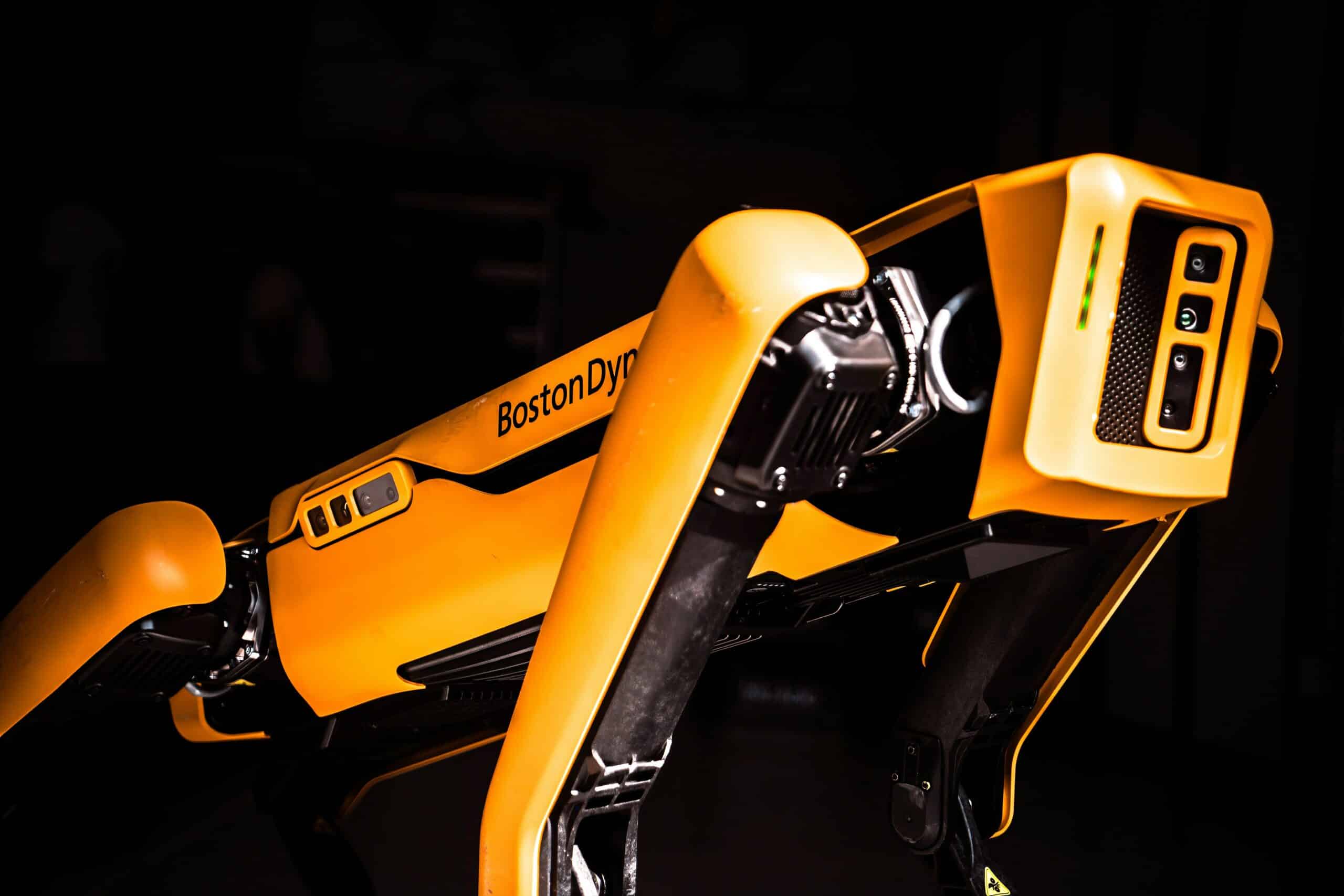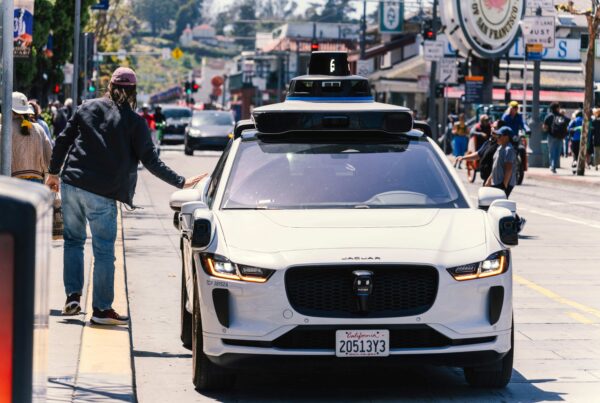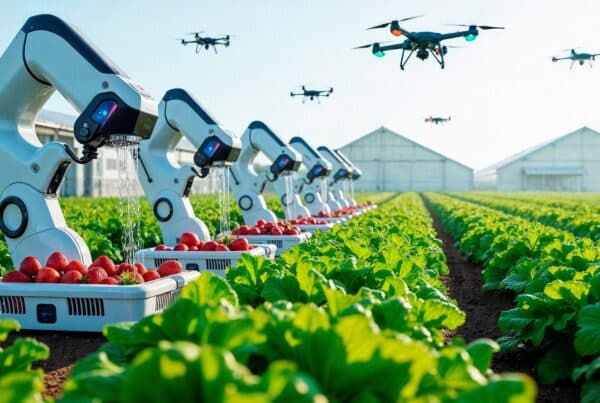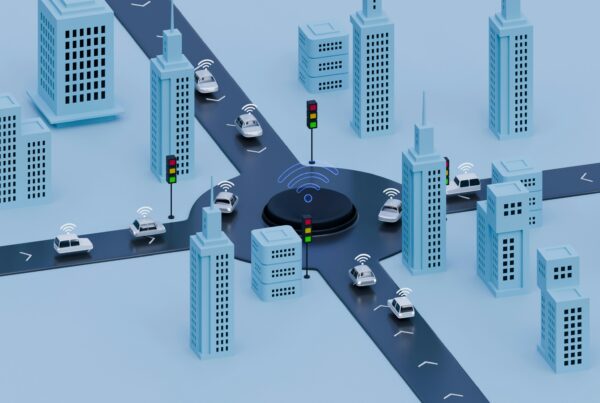Multiverse Simulation and Robotics
In the world of robotics, the ability to predict, adapt, and evolve is crucial. Multiverse simulation, a concept inspired by quantum mechanics and now gaining traction in AI research. While sounding like a plot from a Sci-Fi Franchise, this idea is being used by leading robotics and AI companies to create smarter, more resilient robotic systems. But what does this look like in practice?
What Is Multiverse Simulation?
Multiverse simulation is the idea of running multiple, parallel digital environments where robots and AI systems can operate, learn, and evolve under different conditions simultaneously. Instead of training an AI system in a single linear environment, multiverse simulations allow AI models to explore and optimize across countless variations of reality, dramatically speeding up learning and decision-making.
Tech giants like DeepMind (Google), OpenAI, and NVIDIA are already leveraging this approach in AI development, while companies such as Boston Dynamics, and Figure AI are integrating it into robotics to refine their systems faster and more efficiently.
How Companies Are Using It in Robotics
OpenAI & DeepMind: AI Decision-Making in Virtual Worlds
Both DeepMind (a Google-owned AI research company) and OpenAI have invested heavily in reinforcement learning using advanced simulations. DeepMind’s AlphaZero taught itself chess and Go by playing millions of games against itself, running thousands of variations at once. Now, similar techniques are being applied to robotics.
For example, OpenAI’s GPT-4-powered robotics models are being tested in environments where they predict and simulate different robotic movements, allowing them to learn dexterity and coordination at an unprecedented rate.
NVIDIA Omniverse: The Ultimate AI Testing Ground
NVIDIA’s Omniverse is one of the most ambitious projects in simulation-based AI and robotics. Designed as an advanced physics-based digital twin platform, Omniverse enables companies like BMW and Amazon Robotics to create real-time, hyper-detailed simulations of factories, warehouses, and even autonomous vehicle operations.
Multiverse simulation plays a key role here—allowing industrial robots to be trained across infinite possible factory layouts, error conditions, and task optimizations before ever being deployed in the real world.
Boston Dynamics & Figure AI: The Future of Humanoid Robots
Boston Dynamics, known for its Atlas and Spot robots, has increasingly incorporated advanced simulations into its robotics training. While much of its past learning was based on real-world physics testing, newer models leverage AI-driven simulations to predict and refine movements before real-world trials.
Meanwhile, Figure AI, a startup aiming to create the world’s first commercially viable humanoid robot, is exploring AI training in virtual environments. By using simulated multiverse-like scenarios, Figure AI’s robots can learn complex human-like movements faster than traditional physical testing would allow.
Why This Matters
- Faster Training & Deployment – Instead of spending months testing a robot in real life, companies can run millions of simulations to perfect behaviour before ever building a prototype.
- Better Adaptability – A robot trained in a multiverse simulation will be better at handling unpredictable real-world conditions, from self-driving in chaotic cities to humanoid robots handling different human interactions.
- Cost Reduction – Physical robot training is expensive and time-consuming. Running thousands of AI models in parallel through multiverse simulation dramatically reduces costs.
What’s Next?
As AI models continue to evolve, multiverse simulation will likely become a standard for robotics companies. With NVIDIA, Google, and OpenAI leading the charge, we will soon see autonomous robots that can anticipate problems before they happen, adapt to real-world unpredictability, and even self-improve through AI-driven trial and error.
Are you looking to build out your simulation and Robotics team? Or are you looking for a new position in the field? Get in touch with me at deverett@akkar.com








